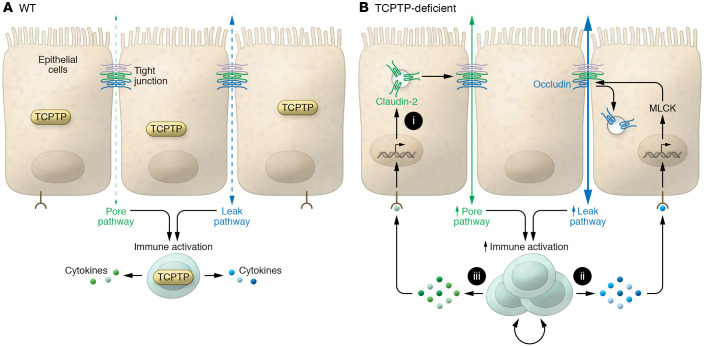Figure 1. A cycle of barrier loss and mucosal immune hyperactivation.
(A) WT cells that express TCPTP are able to effectively dampen immune responses to limit changes in flux across the pore pathway (hatched green arrow), permeable to sodium and water, and the leak pathway (hatched blue arrow), permeable to larger molecules, including proteins and polysaccharides. (B) TCPTP loss in intestinal epithelial cells leads to epithelium-intrinsic signaling that upregulates claudin-2 expression (i). The resulting claudin-2–related increases in pore pathway (solid green arrow) permeability trigger excessive cytokine secretion in TCPTP-deficient immune cells. This cytokine release activates myosin light chain kinase (MLCK) to cause occludin internalization and leak pathway (solid blue arrow) permeability increases (ii). The exaggerated immune responses may also cause further increases in claudin-2 expression (iii). These cytokine-induced changes in permeabilities of and flux across pore and leak pathways trigger further immune activation, thereby creating a vicious cycle that leads to disease. In this manner, dysfunction of a single protein, TCPTP, results in excessive signaling in both epithelial and immune cells in development of a dysregulated cycle that leads to disease.

